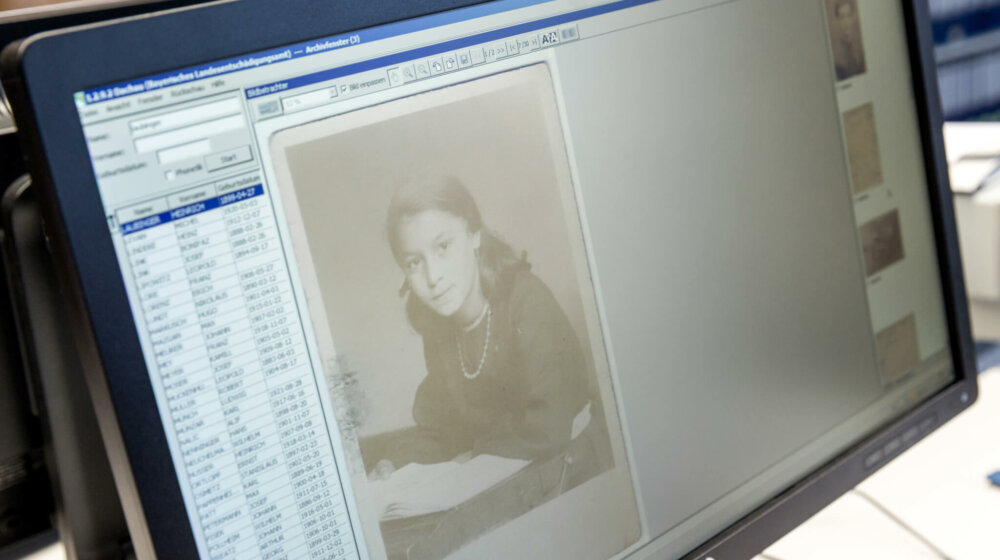Remote access to Nazi archive

The Arolsen Archives, the world’s most comprehensive archive on the victims of Nazi persecution, have launched a pilot project with the Vienna Wiesenthal Institute for Holocaust-Studies. At a workshop in Vienna, academics are learning how to use the digital collections of the Arolsen Archives on their own computers via remote access.
The workshop titled “Remote Access to the Arolsen Archives from Vienna: Researching Nazi Persecution, Forced Labor and Displaced Persons” is primarily aimed at academics from Austria and neighboring countries. A total of 16 participants are bringing their own laptops to the event, which is taking place from 6 to 8 November at the Vienna Wiesenthal Institute for Holocaust-Studies (VWI). They will be able to search the database of the Arolsen Archives, which is operated in Germany, from the workshop in Vienna. Staff of the VWI and the Arolsen Archives will help them to make the best use of the digital search functionality and will provide information on the history and activities of the two institutions.
The Arolsen Archives are an international center on Nazi persecution with the world’s most comprehensive archive on the victims and survivors of National Socialism. A large proportion of the 30 million documents it contains have already been digitized. The new remote access service makes it possible to better exploit the full potential of the digital collections for research purposes. Academics can now access the full database for selected research projects. Up until now, the database could only be accessed on site at the Arolsen Archives or by visiting one of seven partner institutions worldwide. There was no way to access the database from Austria. Attended by participants from Austria, the Czech Republic, Greece, Ukraine, Serbia, Lithuania, Hungary and Poland, the workshop in Vienna is the first of a series of events which the Arolsen Archives are holding around the world with the aim of making researchers more familiar with their digital holdings.
“Remote access to our archive opens up our collections to new target groups in the field of historical research,” explains Dr Christian Höschler (Deputy Head of Research and Education at the Arolsen Archives), who is exploring the digital collections and their metadata in depth together with the workshop participants. “At the same time, we can make good use of the results and datasets provided by research projects to improve the searchability of the archive, for example.”
About the Arolsen Archives
The Arolsen Archives are an international center on Nazi persecution with the world’s most comprehensive archive on the victims and survivors of National Socialism. The collection has information on about 17.5 million people and belongs to UNESCO’s Memory of the World. It contains documents on the various victim groups targeted by the Nazi regime and is an important source of knowledge for society today.

